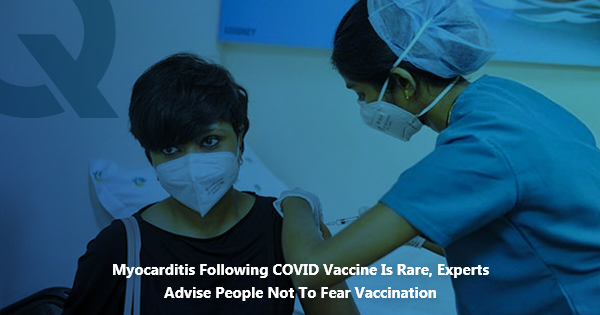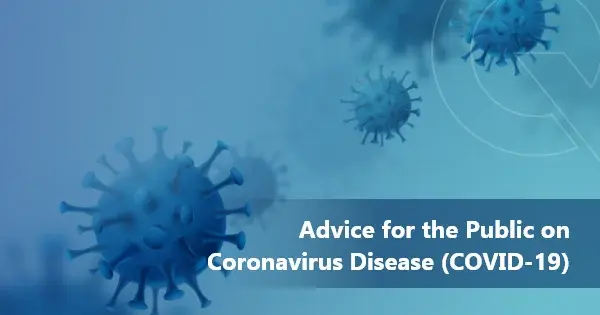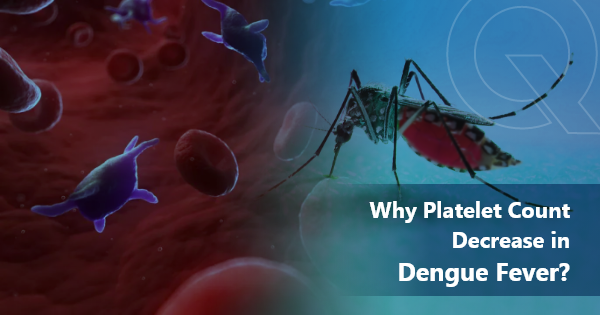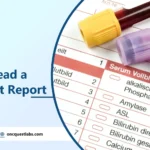By
Dr. Shivali Ahlawat
Head of National Reference Laboratory,
Oncquest Laboratories Ltd.
The covid pandemic has affected millions across the world and caused much havoc. Vaccines have added to our armor in the fight against the virus. However, like any other vaccine, they can have mild side effects. Thus, a low-grade fever or muscle aches, are normal and not a cause for alarm. In fact, these are signs that the body’s immune system is responding to the foreign antigen in the vaccine and is gearing up to fight the virus. These side effects usually go away on their own after a few days.
There have been reports of very rare cases of severe allergic reactions such as anaphylaxis. Myocarditis (inflammation of the heart muscle) and pericarditis (inflammation of the membrane surrounding the heart) following the mRNA-based vaccines and the adenovirus-vector vaccine, again are very rare. The incidence with different vaccines has been estimated to be hardly 0.0001% to 0.0006%. In comparison, for people developing covid illness, the risk of myocarditis would be more than a log higher. Myocarditis and pericarditis can occur otherwise also, due to infections, viruses, medicines, and environmental factors. The symptoms are generally mild and occur within a week. Fast treatment with medication and rest can help to avoid long-term heart damage and death. If you experience new and persisting chest pain, shortness of breath, or a racing heartbeat within a few days of vaccination, you should contact your doctor immediately.
We need to remember that the benefits of these vaccines greatly outweigh their potential side effects and hence it is crucial that there is widespread coverage in our population. Getting vaccinated could save your life as it will help protect you against developing severe covid infection and dying from it. Also, it indirectly protects your loved ones and those around you, because even if you get infected, you are less likely to pass the virus on to others.





